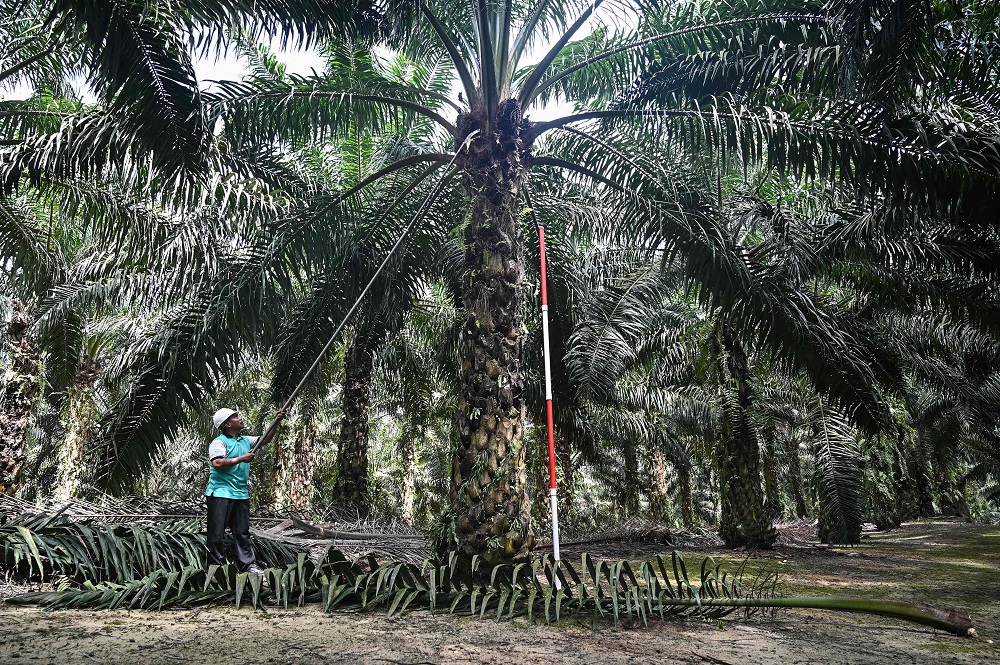KUALA LUMPUR, June 26 — Nigeria is expected to import more Malaysian crude palm oil (CPO) and palm olein in the next few months, and possibly towards the end of the year, to replenish declining stock and surge in demand post-Covid-19, the Malaysian Palm Oil Council (MPOC) said.
The council said the Malaysian government’s announcement of a 100 per cent exemption on CPO export duty from July 1 to Dec 31 this year provided Malaysian palm oil exporters advantages over other exporting countries.
In a report on the Nigerian palm oil market today, the MPOC said major factors that drove the palm oil usage in Nigeria were the level of customer demand provided by the growing Nigerian population and the international price of CPO.
“A decline in the international price of CPO always leads to increased imports of palm oil, as well as smuggling from neighbouring West African countries.
“Despite paying an import duty of 35 per cent, Nigeria importers are not discouraged to import more palm oil from Malaysia and Indonesia as the demand is always there ,and imported palm oil is still cheaper than locally produced palm oil,” it said.
The MPOC said this growth trend was projected to continue albeit at a lower rate as palm oil continued to be a major food source for both household consumption for local dishes (70 per cent of demand) as well as manufacturing and HORECA (hotel, restaurant and cafe) sectors which were estimated at 30 per cent of local disappearance.
According to the report, with a population of 200 million by the 2019 census, Nigeria would require annually 2.34 million metric tonnes (MT) of vegetable oils and fats to meet the domestic requirement for food and non-food uses.
“Nigeria has been the largest consumer of oils and fats in Sub-Saharan Africa and the biggest importer of Malaysian palm oil from the region,” it said.
Besides Malaysian palm oil (MPO), Nigeria also imported a substantial amount of palm oil from Indonesia and from neighbouring West African countries such as Benin, Togo, and Ivory Coast.
“In the past five years, the average Nigerian palm oil import was 1.31 million MT per year,” it said.
The average MPO import during that period was about 240,000 MT per year, giving Malaysia a market share of about 18 per cent. For the record, the highest annual volume of MPO ever imported by Nigeria was 384,000 MT registered in 2011.
Based on Oil World data, Nigerian palm oil stocks at the end of March 2020 were 100,000 MT against the total stock of vegetable oils of 124,000 MT giving palm oil stock at 81.5 per cent of total vegetable oil stock.
According to the above trend, palm oil stock was on the downward trend from a high of 295,000 MT at the end of March 2019.
Meanwhile, MPO export statistics made available by the Malaysian Palm Oil Board show that from January to May 2020, Nigeria imported 113,000 MT of MPO mostly in the form of CPO/palm olein. This volume was about 13.2 per cent lower compared to the same period last year.
Based on the 2019 trend, the June-August import of MPO was quite low at only 33,800 MT.
“However, in the present condition, with low stock, high demand, and very competitive palm oil prices, Nigeria is expected to import more palm oil,” the MPOC said. — Bernama






















